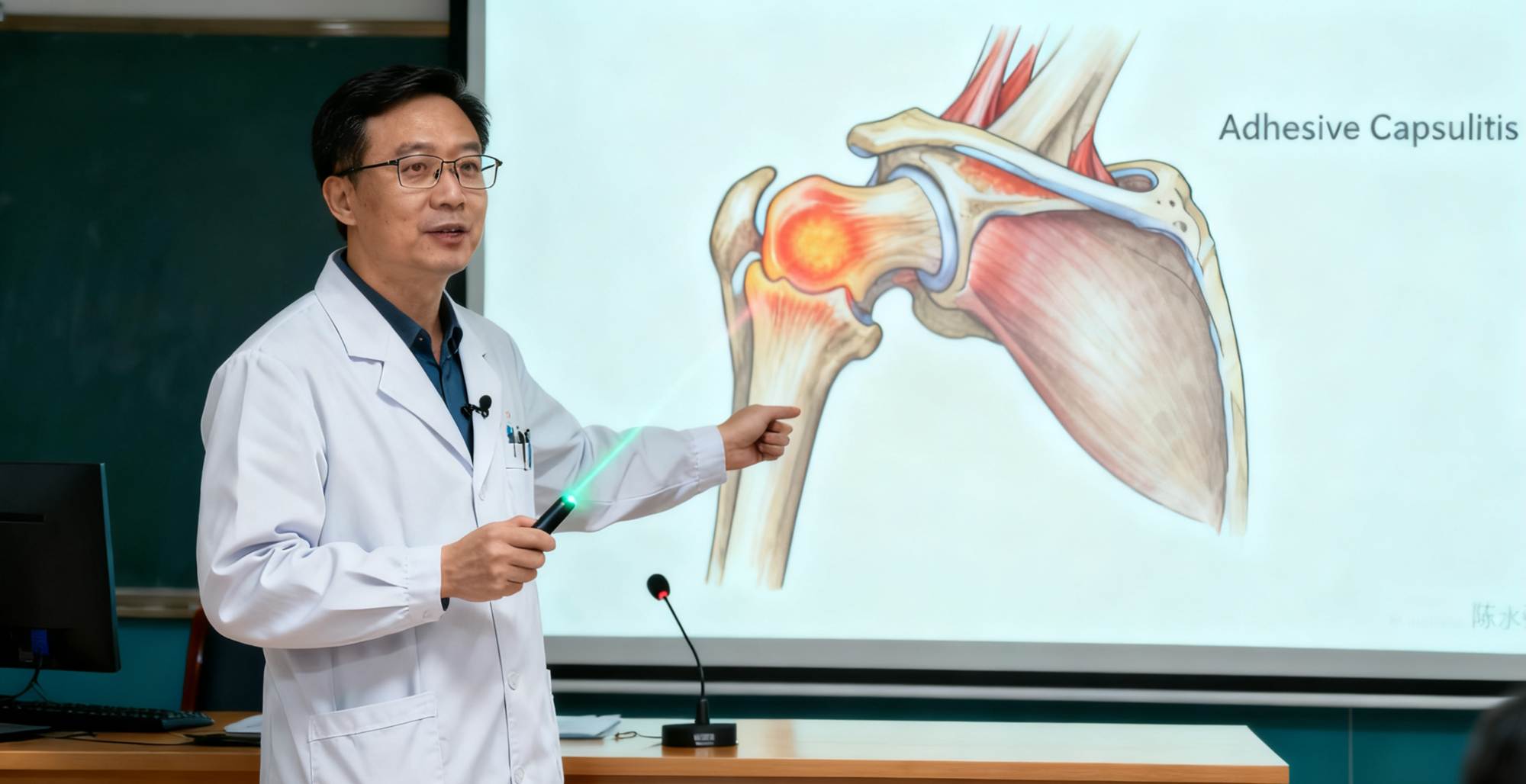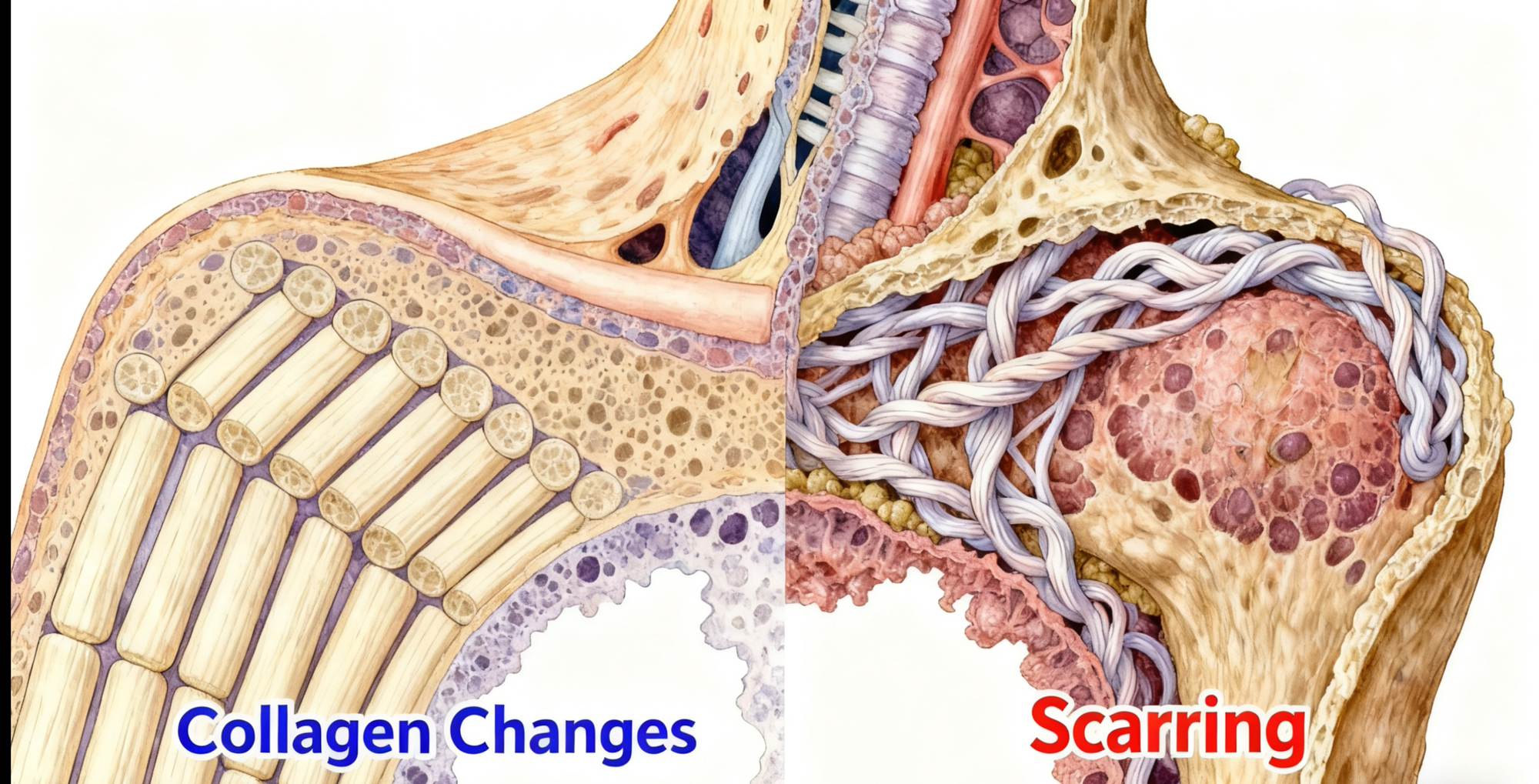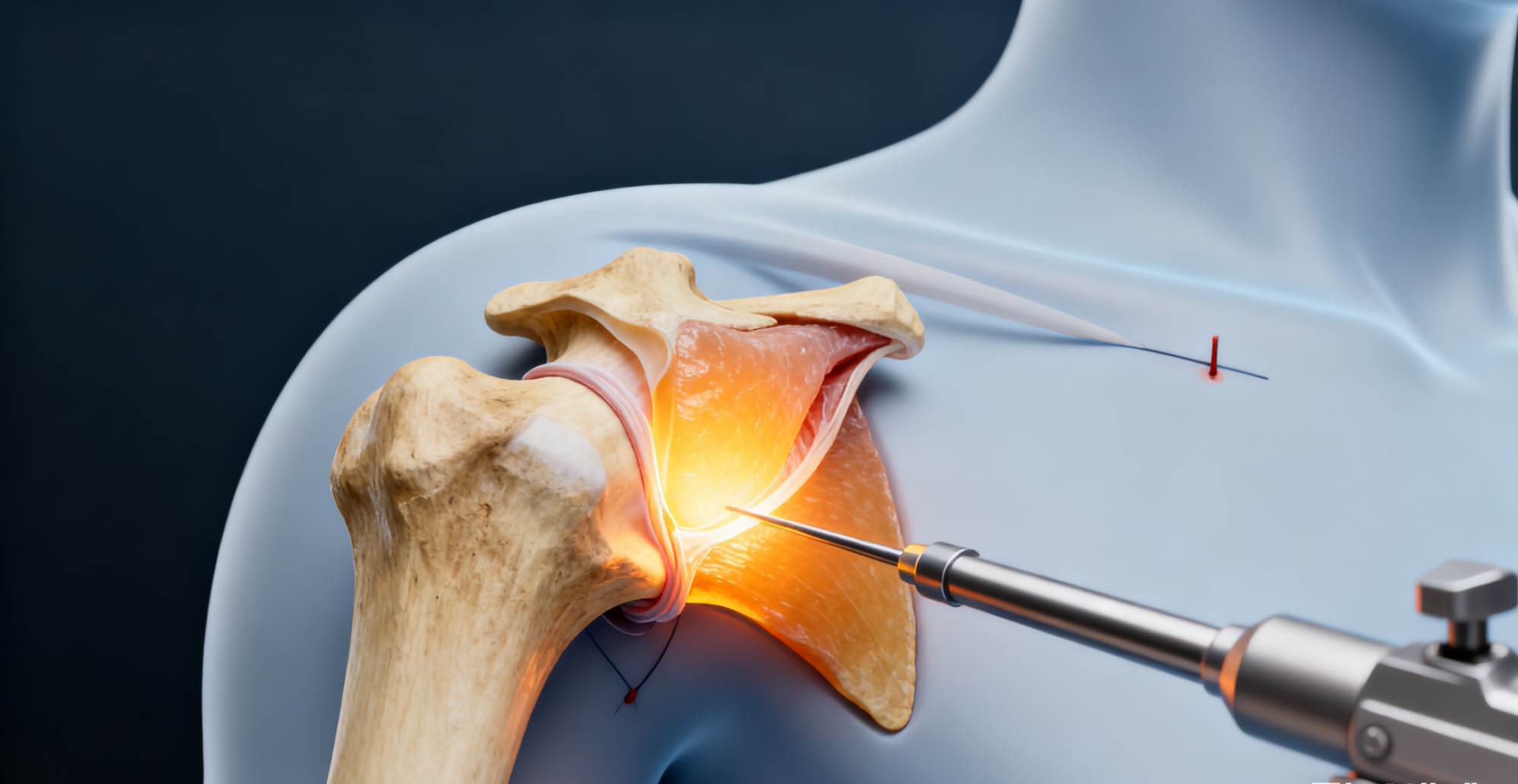Approximately 10% to 20% of people with diabetes may develop frozen shoulder. In this episode of "Live Well," an orthopedic surgeon explains the relationship between the two.

Dr. Chen Yongqiang, Senior Consultant and Medical Director of Orthopedic Surgery at Alps Orthopedic Centre, part of the Beyond Medical Group, explains that frozen shoulder, also known as adhesive capsulitis, occurs when the joint capsule surrounding the shoulder joint thickens and becomes inflamed, leading to stiffness and pain.
Dr. Chen notes that the exact cause of frozen shoulder is not yet fully understood, but certain physiological factors may increase the risk. For example:

People with diabetes are more susceptible to changes in collagen and connective tissue, making the shoulder capsule more susceptible to scarring and tightness.
Changes in hormone levels may explain why women aged 40 to 60 are more often affected.
"I've also found that patients with thyroid disease, high cholesterol, and heart disease are more likely to develop frozen shoulder. This may be related to changes in connective tissue and blood circulation, which can lead to tightening of the joint capsule."
Doctors advise that patients with these conditions who experience persistent shoulder pain should seek medical attention promptly to avoid delaying treatment.




